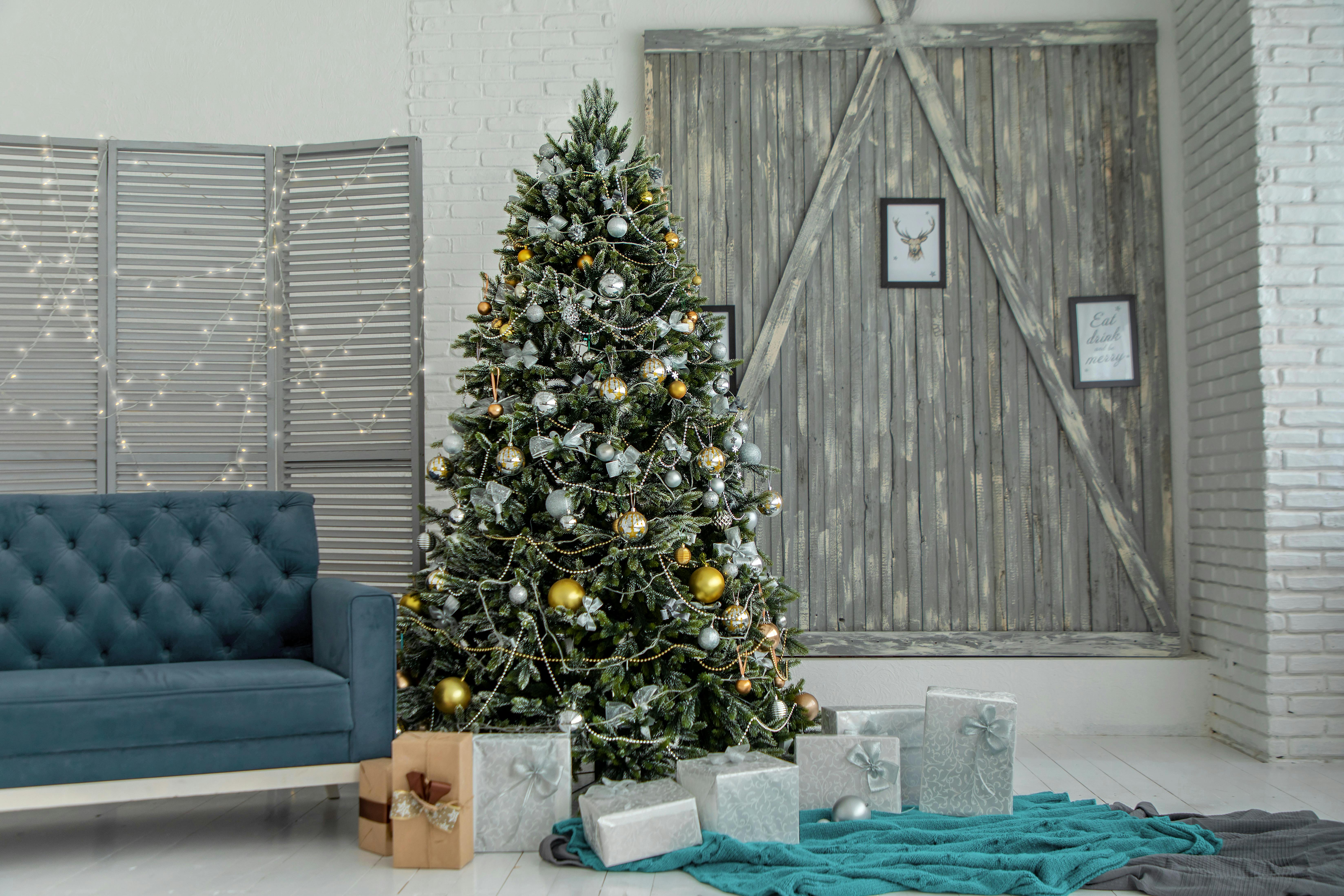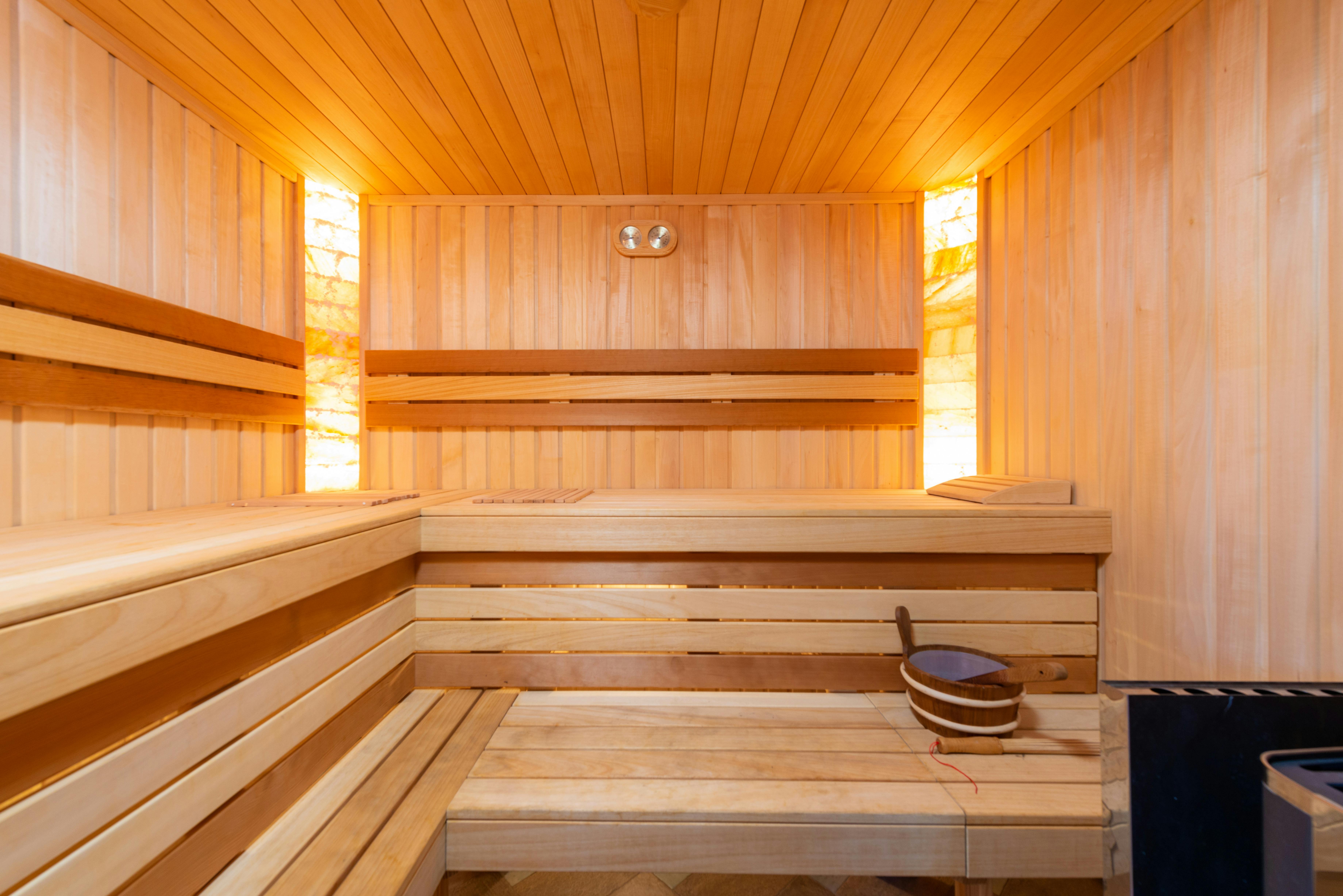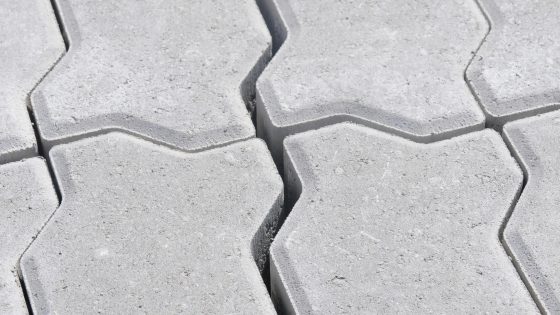Water features add an enchanting and natural feel to any yard. Whether you are in the heart of a big city or on a secluded lot in the countryside, installing a fountain on your grounds will add value and pleasure to your how you experience your dwelling. However, prior to adding any kind of water feature, it is important to keep a few very important guidelines in mind to protect your dwelling against potential leaks and the problems that they can cause.
Plan
On of the most crucial steps in the process is planning the placement of your water feature properly. Choose a spot that is stable enough to support the weight of a pond. If you have plants or trees nearby, make sure that they will not be able to pierce the liner. If you want to include fish in your pond, then remember to place it in an area with direct sunlight. Make sure that it is sloping away from your home.
Depth
The depth of your water feature will depend on whether you want it to include plants or fish. If you do want fish, then it needs to be deep enough for the fish to hibernate in the winter.
Kits and Liners
If you have never installed a water feature before, then using a kit is probably your best bet. Kits come with clear instructions and will help you to follow the proper procedure for installing your pond or fountain with confidence. When it comes to liners, butyl rubber is best and the thicker the liner the more chances of it lasting your lifetime. An added tip is to first layout carpet padding to cover any pebbles, which in turn will protect your liner from getting punctured.
Oxygenation
If you are installing a fish pond, consider adding a waterfall to increase the amount of oxygen in the water and to ensure that no stagnation occurs. Water circulation prevents algae from forming and prevents mosquitoes from laying eggs.
Edging
The right pond edging will give your water feature a natural, always-there look and help it blend seamlessly into the scenery.
Whatever kind of water feature you choose to install, you can rest assured of enjoying it for as long as you love your home.
Plan
On of the most crucial steps in the process is planning the placement of your water feature properly. Choose a spot that is stable enough to support the weight of a pond. If you have plants or trees nearby, make sure that they will not be able to pierce the liner. If you want to include fish in your pond, then remember to place it in an area with direct sunlight. Make sure that it is sloping away from your home.
Depth
The depth of your water feature will depend on whether you want it to include plants or fish. If you do want fish, then it needs to be deep enough for the fish to hibernate in the winter.
Kits and Liners
If you have never installed a water feature before, then using a kit is probably your best bet. Kits come with clear instructions and will help you to follow the proper procedure for installing your pond or fountain with confidence. When it comes to liners, butyl rubber is best and the thicker the liner the more chances of it lasting your lifetime. An added tip is to first layout carpet padding to cover any pebbles, which in turn will protect your liner from getting punctured.
Oxygenation
If you are installing a fish pond, consider adding a waterfall to increase the amount of oxygen in the water and to ensure that no stagnation occurs. Water circulation prevents algae from forming and prevents mosquitoes from laying eggs.
Edging
The right pond edging will give your water feature a natural, always-there look and help it blend seamlessly into the scenery.
Whatever kind of water feature you choose to install, you can rest assured of enjoying it for as long as you love your home.



